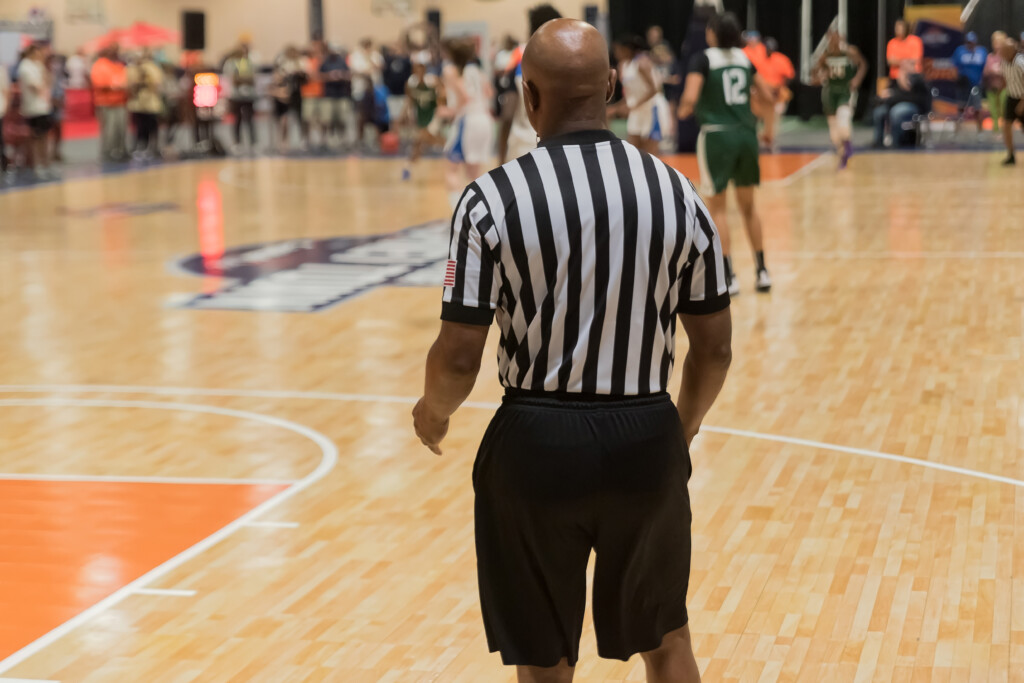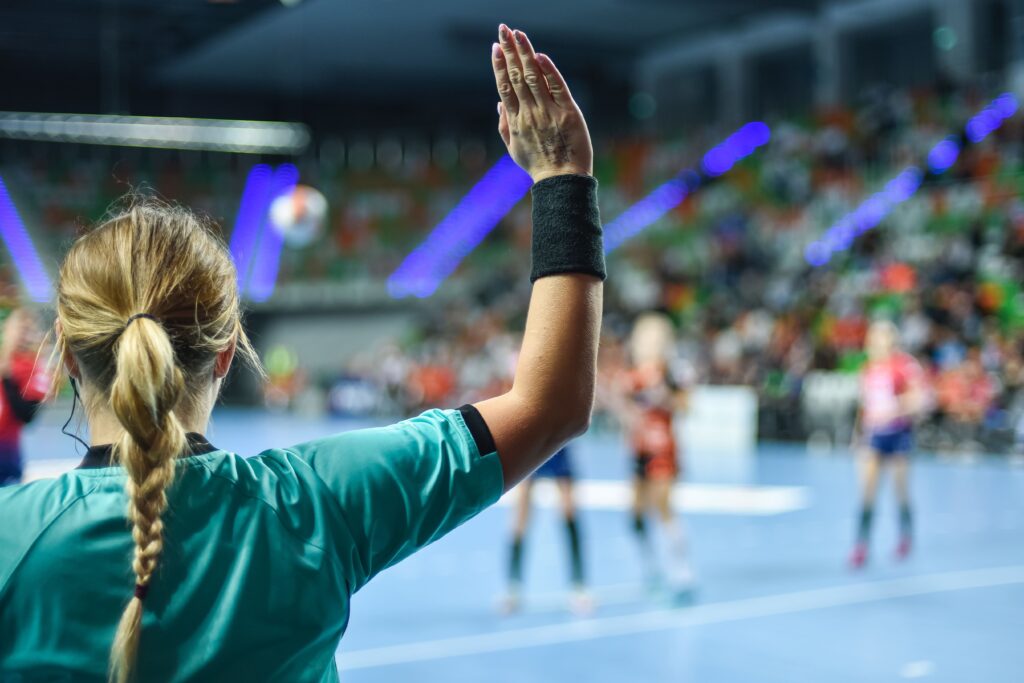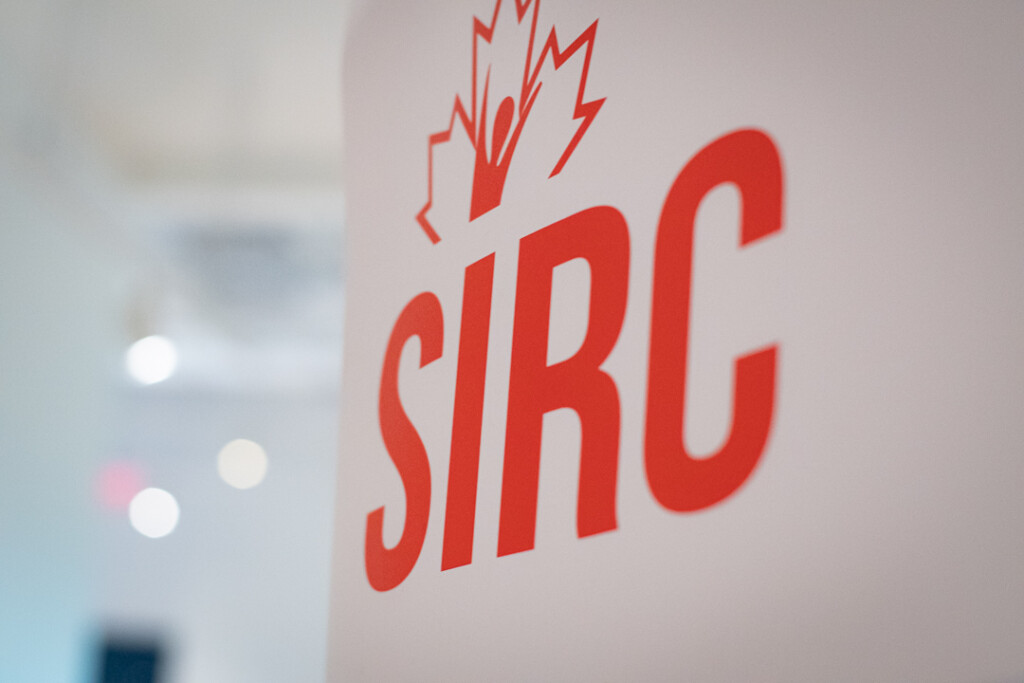Official Development
Officials, judges, and referees are crucial for ensuring fair play and maintaining the integrity of the game. Explore development tools and expert insights to support growth of officials and referees to elevate their performance on the field.
Search Official Development Resources
Top 10 resources
- SCRI Panel: What Canada needs to know about the match official shortage
- SIRCuit Article: No Ref No Game: The mental health costs of referee abuse in sports
- SIRCuit Article: “They’re not yelling at you. They’re yelling at your shirt”: Canadian sport system faces officiating crisis
- SIRC Article: Pioneering change: Inside Canada Basketball’s EDI Committee for officiating
- Respect in Sport for Officials Training Module
- Ontario Soccer Match Official Anti-Bullying and Harassment Program
- Green Armband Initiative: Leading the Way for Respect in Ontario Hockey
- The Blue Card: A Data-Driven Model for Rule Changes in Rugby
- Sport for Life: Long-Term Officials Development Guidelines
- Powering the Podium: Developing and Retaining Officials

Featured resource
Paula Baker
Quick Facts
What qualifications are required to become an official, judge, or referee?
Completion of a certification program specific to the sport is needed, which includes training, exams, and practical experience. Although it is important to note that these certification requirements may vary by sport and governing body.
Beyond sport specific training, Respect in Sport is a widely recognized training module in Canada which promotes cultures of respect within sport organizations and the prevention of bullying, abuse, harassment and discrimination. Respect in Sport offers a training module specifically for officials.
How can sport organizations implement best practices related to officiating?
While the requirements and procedures for officiating are unique to each sport, sport organizations can take inspiration from one another in leading practices that elevate the competition experience. For example, eight provincial sport organizations in Nova Scotia have implemented the Green Arm Band Initiative, which is a collective effort to reduce and prevent the maltreatment of young officials. Similarly, provincial rugby organizations across Canada are implementing the Blue Card, which is used to identify a player who has been removed from the field of play due to a suspected concussion.
What are some of the challenges faced by officials and referees and how can they be minimized?
Officials and referees face common challenges like handling pressure from players, coaches, and parents, while also having to make quick decisions and managing conflict. Maltreatment is the leading factor affecting the retention of officials and referees, particularly in soccer. These challenges can be minimized through comprehensive training, effective stress management techniques, and the development of strong communication skills.
Can AI technologies help officials and referees?
Yes, AI technologies can help. AI can gather information, identify patterns, and integrate them to support decision-making. It can also help reduce human error, enhance fairness in officiating, and aid in training by simulating complex game scenarios. However, AI is designed to complement, not replace, the judgment and expertise of an official or referee.
Video Resources
The Blue Card: A Data-Driven Model for Rule Changes – Jackie Tittley
- Rugby Canada and SIRC
- 2021
Officiating – Supporting Others
- Australian Sports Commission
SCRI Panel: What Canada needs to know about the match official shortage
- Memorial University of Newfoundland, Baseball PEI, Soccer Quebec, and SIRC
- 2023
Room 8 – Leadership, Coaching & Officiating | Salle 8 – Leadership, entraînement et arbitrage
- Cape Breton University, University of Toronto, University of Windsor, University of Manitoba, Ontario Tech University, and SIRC
- 2021
Officiating Webinars
- Australian Sports Commission
Knowledge Nuggets
knowledge nuggets
Technology in officiating
Research shows that video assistance referee (VAR) technology in professional soccer has helped with officials’ decision-making, but has disrupted the flow of the game. To
Research shows that video assistance referee (VAR) technology in professional soccer has helped with officials’ decision-making, but has disrupted the flow of the game. To improve speed and accuracy, FIFA debuted a new technology at the 2022 World Cup that automates the detection of offsides. Using multiple cameras and artificial intelligence software, officials were able to make accurate decisions within seconds.
knowledge nuggets
Recruitment of officials
Community organizations across the country are experiencing a shortage of sport officials. Research shows that nearly 80% of sport officials across Canada are either previously
Community organizations across the country are experiencing a shortage of sport officials. Research shows that nearly 80% of sport officials across Canada are either previously or currently active as an athlete in the sport they officiate. Individuals already involved within a sport are likely candidates to recruit as officials due to their passion for the game, desire to give back, and ambition to continually challenge themselves.
More Official Development resources
|
|
|
|
|
|
|
|
|
|
|
|

